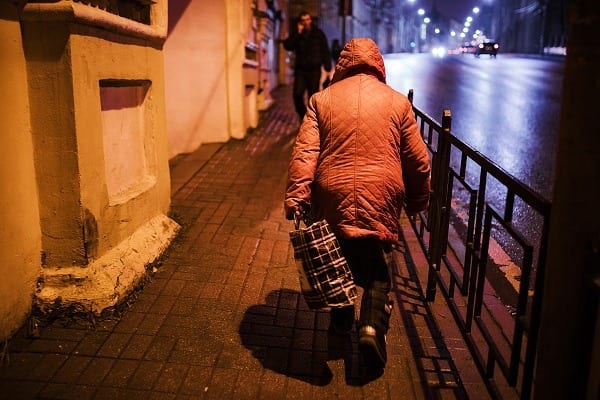Between 2011 and 2016, there was a 31 per cent rise in homelessness among older women in Australia.
The National Older Women’s Housing and Homelessness Working Group is advocating that the next Federal Government put in place measures to address the rapid rise of older women experiencing housing stress and homelessness in Australia.
The group, made up of policy leaders, expert practitioners and senior academic researchers from all over Australia, develop national policy solutions to address housing insecurity and homelessness among older women.
In August 2018, they released Retiring into Poverty – A National Plan for Change: Increasing Housing Security For Older Women at Parliament House.
According to the National Older Women’s Housing and Homelessness Working Group, the next Federal Government needs to:
- develop a National Housing and Homelessness Strategy that encourages State governments to create additional permanent social and affordable housing options for women in each State and Territory,
- include special measures to assist women at retirement age now who have not accumulated superannuation due to lower lifetime earnings and caring duties,
- establish a Seniors Housing Gateway Program to better address the housing support needs of vulnerable older women.
Maree Petersen, from the University of Queensland, is disappointed with the lack of discussion around affordable housing in the election campaign.
“The next Federal Government needs to urgently address how vulnerable people with few resources, who are reliant on the aged pension will be adequately supported,” Peterson said.
“Housing providers and women’s services across the country are seeing more and more older women being rendered homeless and the data backs this up.”
“Alarmingly, compared to 2006, there is a 97 per cent increase in the number of older women forced to rent in increasingly unaffordable private markets. There is a lack of affordable houses for older women to rent.”
It is also clear that despite older women being at significant risk of homelessness in Australia, many don’t seek help due to the shame associated with their circumstances.
They are often invisible, hiding their homelessness by sleeping in cars, vans or on friend’s couches.
“Ahead of the upcoming election we’re asking all political parties to prioritise the needs of this very vulnerable group,” Jeanette Large from Women’s Property Initiatives said.
“After all, the older women who will benefit from this are our mothers, grandmothers, aunts, sisters, friends and even ourselves.”


